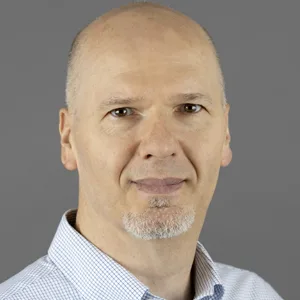Computational X
Research in Computational X: SCI research in Computational X focuses on bringing computational thinking using translational, transdisciplinary and co-design approaches to leverage computing and data to address important and challenging problems in science, engineering, medicine, and humanities. Specific examples of X include fluid dynamics, biomechanics, electrophysiology, bioelectric fields, and neuroimaging. Research areas span novel algorithms and methods, large-scale scientific computing and data analytics, and visualization, graphics, and imaging. As with all research at SCI, translation through the development and deployment of innovative and robust software packages is integral to this research.

– Parallel & Distributed Computing
– Extreme-scale Computing and Data Management
– Autonomic Computing





– Simulations of Biological Systems
– Multi-Physics Models of Cancer Cells



– Travel behavior and built environment
– Sustainability and climate
– Urban data science and analytics (statistics, GIS, machine learning, AI, etc.)

– Machine Learning and AI
– Biomedical and Health Data Analysis
– Image and Video Understanding
Research
Recent Related News
As health-care costs soar, the global population ages, and patient needs grow more complex, biomedical…
Amir Arzani, Associate Professor in Mechanical Engineering, has been selected as the 2026 Y.C. Fung…
Dr. Karli Gillette, Assistant Professor of Biomedical Engineering along with University of Utah Faculty, Dr….
For Guang Tian, a new assistant professor at the University of Utah’s Scientific Computing and…
Reposted from @theU. The following Scientific Computing and Imaging (SCI) Institute members contributed to this research…
The University of Utah is looking to join forces with two powerhouse tech firms to…
Thanks to a new National Science Foundation grant, researchers at the John and Marcia Price…
Three Scientific Computing and Imaging (SCI) Institute students under faculty member Jeffrey A. Weiss were…
Tamara Bidone, a faculty member in the University of Utah Scientific Computing and Imaging (SCI)…
After earning two of her three degrees at the University of Utah, native Salt Laker…
Jeffrey Weiss, a University of Utah professor of biomedical engineering and faculty member in the…
Michelle Mendoza, PhD, researcher at Huntsman Cancer Institute and associate professor of oncological sciences at…
